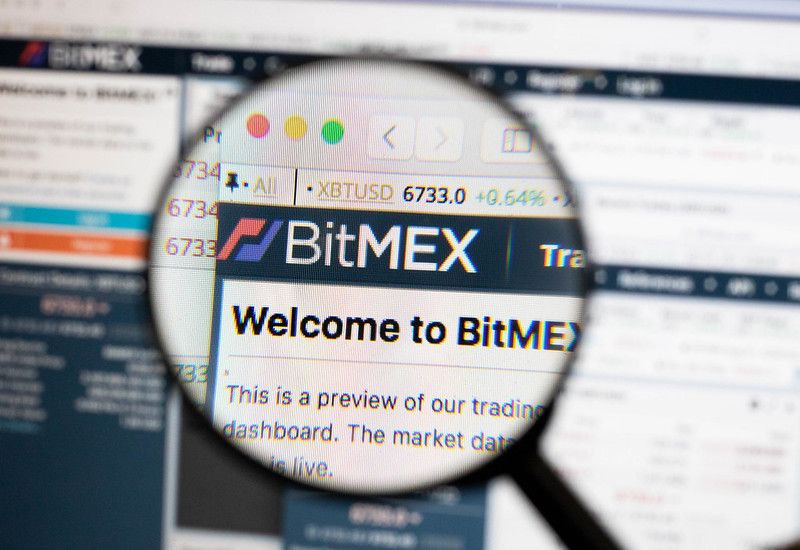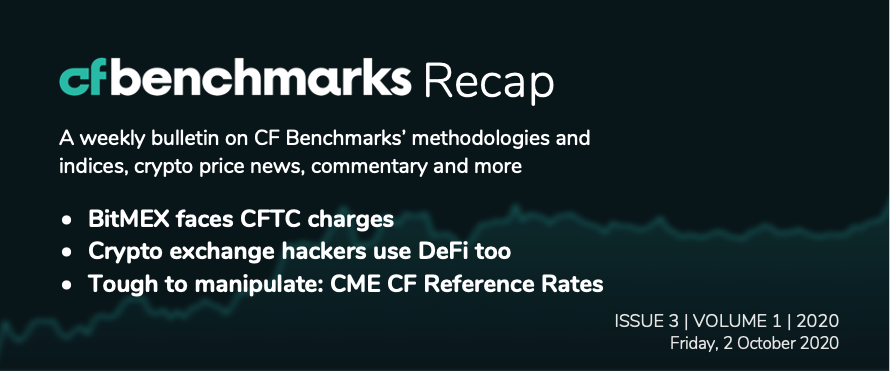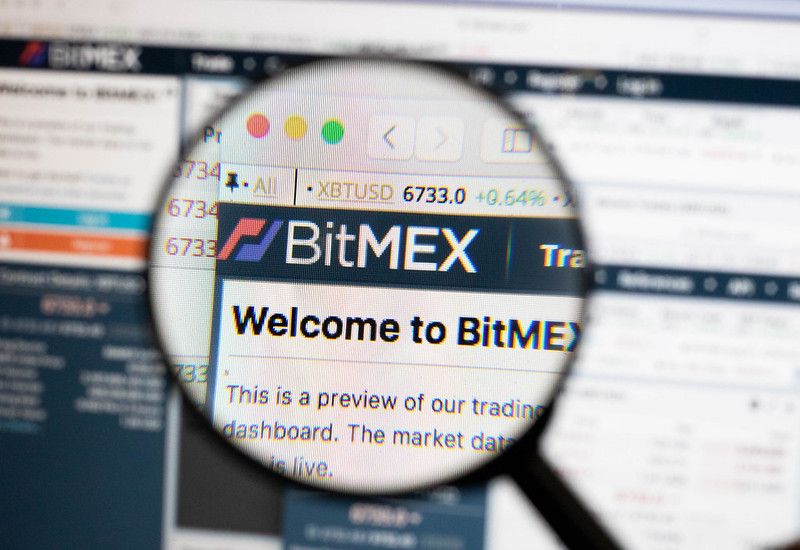This week's Recap
News that the U.S. Commodity Futures Trading Commission and federal prosecutors levelled multiple charges against the high-profile crypto and crypto-derivatives platform BitMEX, had a slight chilling effect on market prices.



BitMEX charged
After a mostly positive summer for the cryptocurrency industry, news that the U.S. Commodity Futures Trading Commission and federal prosecutors levelled multiple charges against the high-profile crypto and crypto-derivatives platform BitMEX, had a slight chilling effect on market prices. The CFTC alleged that the group offered U.S. customers illicit crypto derivative trading services. Additionally, the Attorney for the Southern District of New York charged Seychelles-registered BitMEX, several related corporate entities and key personnel, including BitMEX CEO Arthur Hayes, with violating the Bank Secrecy Act. The moves were among the sternest regulatory actions against a crypto provider this year, amid a host of prosecutions and admonishments that have gone hand in hand with signs that official attitudes to the industry are thawing. BitMEX said it would contest the charges “vigorously”. Meanwhile, the exchange appeared to be operating as normal at the end of the week, though blockchain researchers reported tens of thousands of Bitcoin withdrawals from the venue soon after the charges became public. Read more on Decrypt.
Crypto passes 100-million-user milestone
There are now more than 100 million individual cryptocurrency users worldwide, according to Cambridge University researchers. The Cambridge Centre for Alternative Finance’s ‘3rd Global Cryptoasset Benchmarking Study’ noted that identity-verified individual crypto users numbered ‘only’ around 35 million as recently as 2018, implying that demand for regulated investment products is growing exponentially too.
DeFi-flavoured hacks, exploits
DeFi was at the heart of the main exploit news this week, again demonstrating that price controls and other safeguards continue to lag the breath-taking pace of financial innovations in the space. Late in the week it emerged that more crypto than initially reported may have been bilked from the Singapore-based KuCoin exchange. On-chain analysis revealed that some of the $200m worth of assets stolen were beginning to be laundered, including via transfers to the Uniswap Protocol. Meanwhile, hackers managed to drain $15m from the Yearn smart contract project even though it hasn’t been officially launched.
The Returns: Bitcoin Cash, Litecoin weak
Bitcoin Cash is the smallest constituent in CF Benchmarks’ Ultra Cap 5 index by percentage weighting, at 1.3%. To be sure, it is only fractionally lighter than Litecoin’s 1.4%. Either way, both BCH and LTC are among the poorest price performers among major cryptos in 2020, adding to signs that they may exit the UC5 benchmark within months. CF Benchmarks' BCH-USD Reference Rate has lost all 2020 gains
CF Benchmarks' BCH-USD Reference Rate has lost all 2020 gains
Featured benchmark: CME CF Bitcoin Reference Rate
Goodbye to Crypto Hold-outs’ last stand
Institutions say manipulation risk is among their last big crypto fears. Exchange data reveal the way forward
‘Mainstreaming’ may not be a word to everyone’s taste, but it’s been music to the ears of the crypto world this year.
Crypto’s year of mainstreaming
- In the summer, the U.S.’s Office of the Comptroller of the Currency (OCC), an arm of the Treasury, confirmed that banks are allowed to custody cryptos for customers. A few months later, the same regulator would issue further guidance that effectively authorised U.S. lenders to hold stablecoins as reserves
- Speaking of banks, the OCC will soon have a new institution to oversee, with Kraken, the crypto exchange operator, this month winning charter to operate an SPDI, a new kind of bank
- It wasn’t just the feds having light bulb moments. A June Fidelity Digital Assets survey of around 800 U.S. and European institutional investors showed 6 out of 10 believed digital assets had a place in their investment portfolios, compared with 36% already invested in them
- Likewise, ZUBR, an institutional derivatives platform, last month published research suggesting clients are increasingly keen to own ‘physical’ Bitcoin underlying the futures contract they already trade. Institutions, which by virtue of their retail clients reflect ‘Main Street’ demand, indicated an intent to hold Bitcoin as a long-term investment
- That trend was partially confirmed by a broader report by researchers at Cambridge University showing there are now almost 100 million individuals worldwide using cryptocurrencies. The Cambridge Centre for Alternative Finance had estimated as recently as 2018 that there were ‘just’ 35 million global identity-verified crypto users
Tipping point ahead
Such data make the road to mainstream crypto adoption look like a one-way street. For sure, there are no guarantees that the path will remain a straight one. But if, as readings suggest, retail client demand is approaching a tipping point, before too long, institutions will have little choice but to play a pivotal role in delivering crypto investment products to individuals on a large scale.
Considering that cryptocurrencies are still widely regarded as ‘unconventional assets’ it is ironic that these coming products are likely to follow tried and trusted forms when they hit mass markets.
Chiefly, it is the advent of regulated exchange traded crypto funds that is beginning to look inevitable. Note that although several exchange traded products tracking digital assets already exist, the class of ETPs authorised by global regulators—like the UK’s FCA and the U.S. SEC—is largely reserved for those designated as ETFs. Given that institutional product and services providers will need regulated assets to properly fulfil broad retail mandates, the first regulated crypto ETF to be approved by regulators is likely to provide the next true watershed in the acceptance trend. (Regulators are likely to demand that such a vehicle must utilise regulated price data such as those underpinning CF Benchmarks' Ultra Cap cryptocurrency benchmark index). Read the rest of this article on our website.
The information contained within is for educational and informational purposes ONLY. It is not intended nor should it be considered an invitation or inducement to buy or sell any of the underlying instruments cited including but not limited to cryptoassets, financial instruments or any instruments that reference any index provided by CF Benchmarks Ltd. This communication is not intended to persuade or incite you to buy or sell security or securities noted within. Any commentary provided is the opinion of the author and should not be considered a personalised recommendation. Please contact your financial adviser or professional before making an investment decision.

